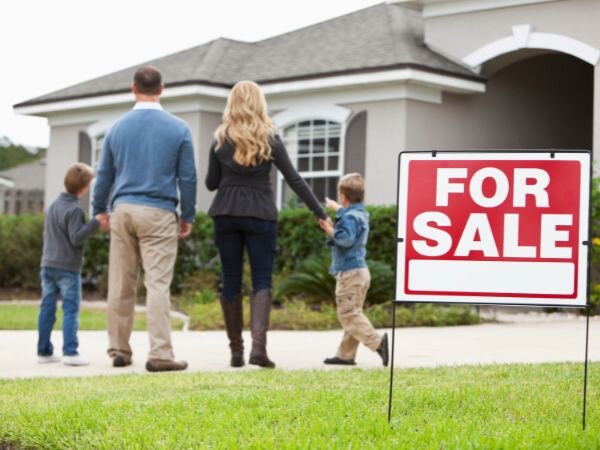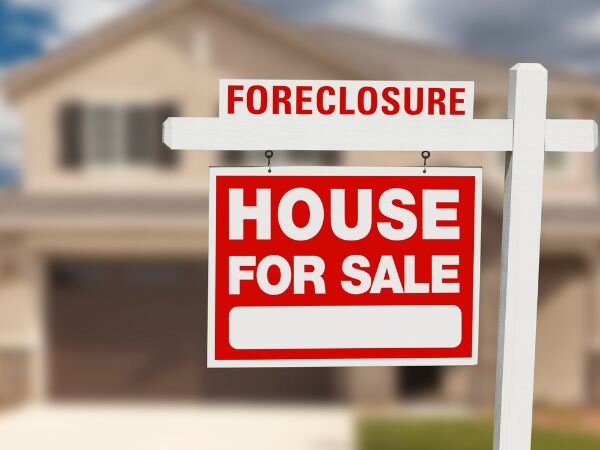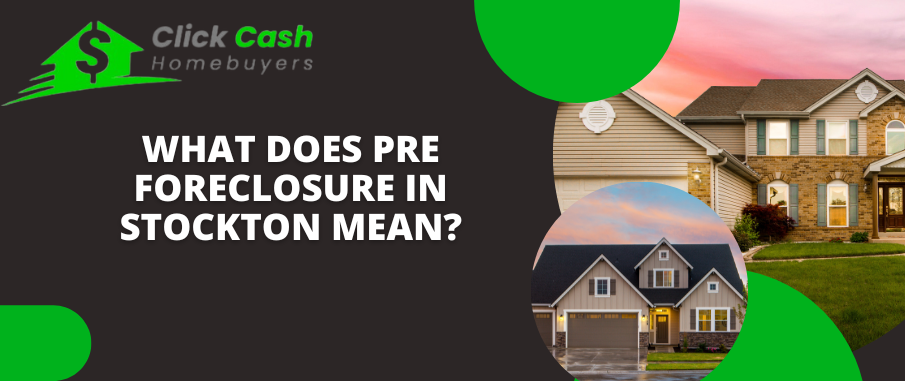
When homeowners fall behind on their mortgage payments, they may hear the term “pre foreclosure” thrown around. But what exactly does it mean? In this article, we’ll dive into the definition of pre foreclosure and explore what it means for homeowners and prospective buyers.
What Is Pre-foreclosure ?
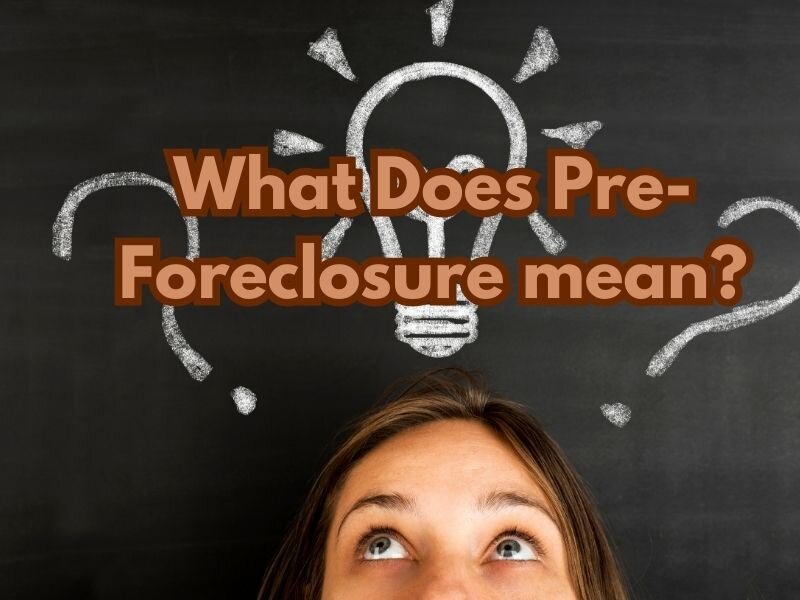
When a homeowner falls behind on one or more mortgage payments, they enter the initial stages of the foreclosure process known as pre-foreclosure. This is the time before the lender takes legal action against the homeowner. During this phase, the homeowner has options to rectify the missed payments, such as negotiating a loan modification with the lender, selling the property through a short sale, or catching up on missed payments.
Essentially, pre-foreclosure acts as a warning signal for homeowners that they are at risk of losing their homes. It is the first step towards foreclosure and notifies homeowners that they must take prompt action to prevent the foreclosure process from proceeding.
Pre-foreclosure Vs. Foreclosure: What’s The Difference?
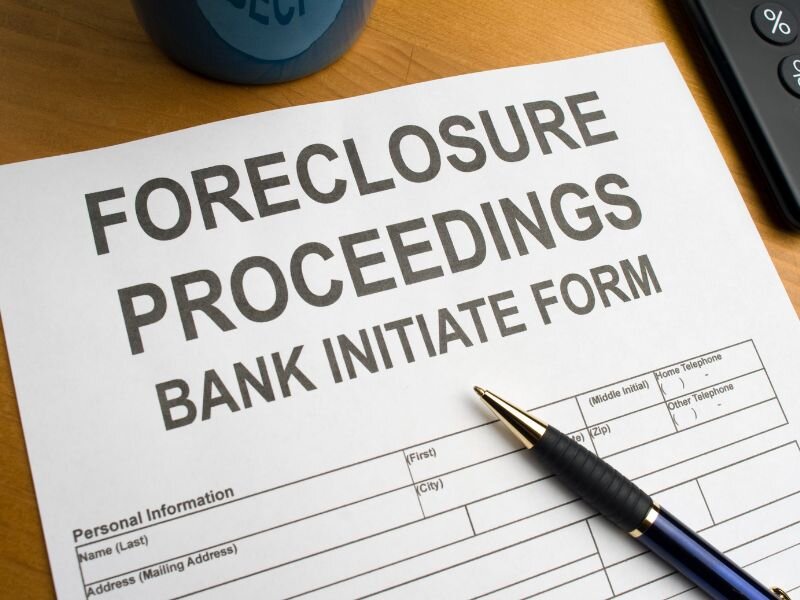
If you’ve missed one or more mortgage payments, it’s important to understand the difference between pre-foreclosure and foreclosure. Pre-foreclosure is the early stage in which you have the opportunity to take action, catch up on missed payments, and avoid the more serious consequences of foreclosure. This may involve negotiating a loan modification with your lender or exploring other options like a short sale. On the other hand, foreclosure is the final outcome if you’re unable to resolve your delinquent payments. It’s a legal process that can have serious consequences for your credit score and financial future. By taking action early and seeking help from your lender or a HUD-approved housing counselor, you can potentially avoid foreclosure and find a solution that works for you.
How does pre-foreclosure work in Stockton?
If you ever fall behind on your mortgage payments, it’s crucial to know about the pre-foreclosure process. This stage kicks in after you miss one or more payments, and typically, after 90 days, your lender sends you a notice of default. This document tells you that you’re in breach of your loan agreement and could lose your home if you don’t act fast.
Once you get a notice of default, you enter the pre foreclosure process. During this time, you have the chance to catch up on missed payments, talk to your lender about a loan modification, or put your property up for sale in a short sale.
Unfortunately, if you can’t resolve your missed payments or loan modification, you’ll receive a notice of trustee sale. This public notice tells everyone that your property will be sold at a public auction to the highest bidder. And if that happens, you’ll have lost your home for good. So, make sure you act quickly and decisively during the pre foreclosure process to avoid losing your home.
The Pre-Foreclosure Process
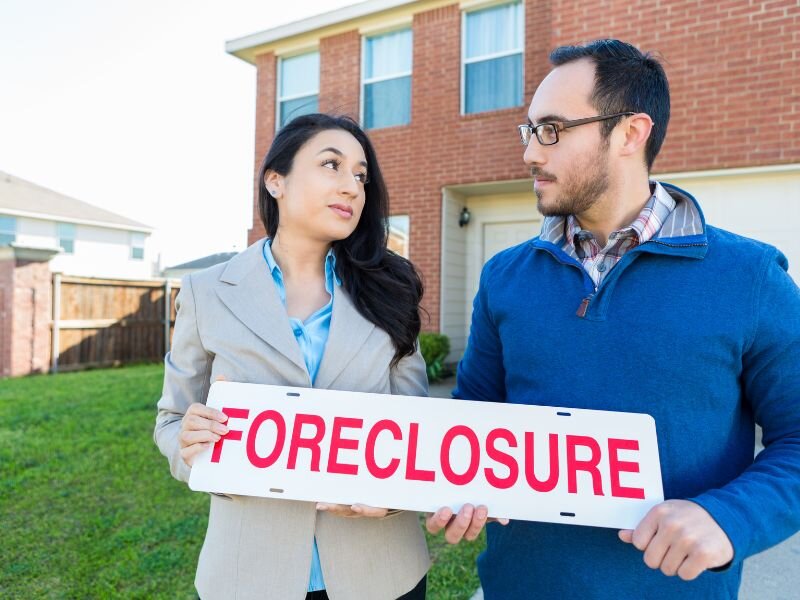
Once a homeowner receives a notice of default, they enter the pre foreclosure process. During this time, they have a few options to avoid foreclosure:
- Make up Missed Payments: The homeowner can pay the missed payments and bring their account up to date. This option allows the homeowner to keep their home and avoid foreclosure.
- Loan Modification: The homeowner can negotiate a loan modification with their lender to change the terms of the loan, such as the interest rate or monthly payments. This option can help the homeowner keep their home by making the payments more manageable.
- Short Sale: The homeowner can sell the home for less than the loan balance, with the lender’s approval. This option allows the homeowner to avoid foreclosure and potentially walk away with some cash from the sale.
If the homeowner is unable to take any of these actions, the home will proceed to a trustee sale.
Notice of Default
A notice of default is a legal notice that the lender sends to the homeowner when they miss one or more mortgage payments. This notice informs the homeowner that they are in danger of losing their home and must take action to avoid foreclosure.
The notice of default is a public record, which means that it can be accessed by anyone who does a title search on the property. This can make it difficult for homeowners to sell their home during pre foreclosure, as prospective buyers may be hesitant to purchase a home that is in danger of foreclosure.
Missed Payments
Missed payments are the primary cause of pre foreclosure. When a homeowner falls behind on their mortgage payments, the lender will eventually send a notice of default, marking the beginning of the pre foreclosure process.
It’s important for homeowners to make their monthly payments on time to avoid pre foreclosure and the potential consequences of foreclosure, such as damage to their credit score and loss of their home.
Short Sales
A short sale is a way for homeowners to sell their home for less than the loan balance, with the lender’s approval. This option allows the homeowner to avoid foreclosure and potentially walk away with some cash from the sale.
Short sales can be a win-win for both the homeowner and the lender. The homeowner avoids foreclosure and the potential damage to their credit score, while the lender avoids the costs and time involved in the foreclosure process.
What To Do If Your Home Goes Into Pre-foreclosure?
If your home goes into pre foreclosure, contact your lender and work with a HUD-approved housing counselor. Consider selling your home through a short sale and seek legal advice if needed. Keep communication open with your lender and take decisive steps to avoid foreclosure.
What Does Pre Foreclosure Mean On Zillow?
“Pre-foreclosure” on Zillow means a property is in the early stages of the foreclosure process. It’s indicated by a red “NOD” banner and gives the homeowner a chance to catch up on missed payments or sell the property through a short sale. Zillow lists pre-foreclosure properties as a resource for buyers interested in purchasing a property before it goes to foreclosure auction.
The Bottom Line
In conclusion, pre foreclosure can be a challenging time for homeowners who may be struggling to keep up with mortgage payments. However, it’s important to remember that pre foreclosure is not the end of the road. It’s an opportunity for homeowners to take action and avoid foreclosure by catching up on missed payments, negotiating a loan modification, or selling the property with a home cash buyer like Click Cash Home Buyers. With the help of a HUD-approved housing counselor and legal advice if needed, homeowners can take decisive steps to protect their homes and financial futures. So if you’re facing pre foreclosure, don’t give up hope. Instead, take action and explore your options. A better outcome may be within reach.
Find your next favorite read – check out our other posts!

Contact Us
We would love to hear from you! Please fill out this form and we will get in touch with you shortly.


